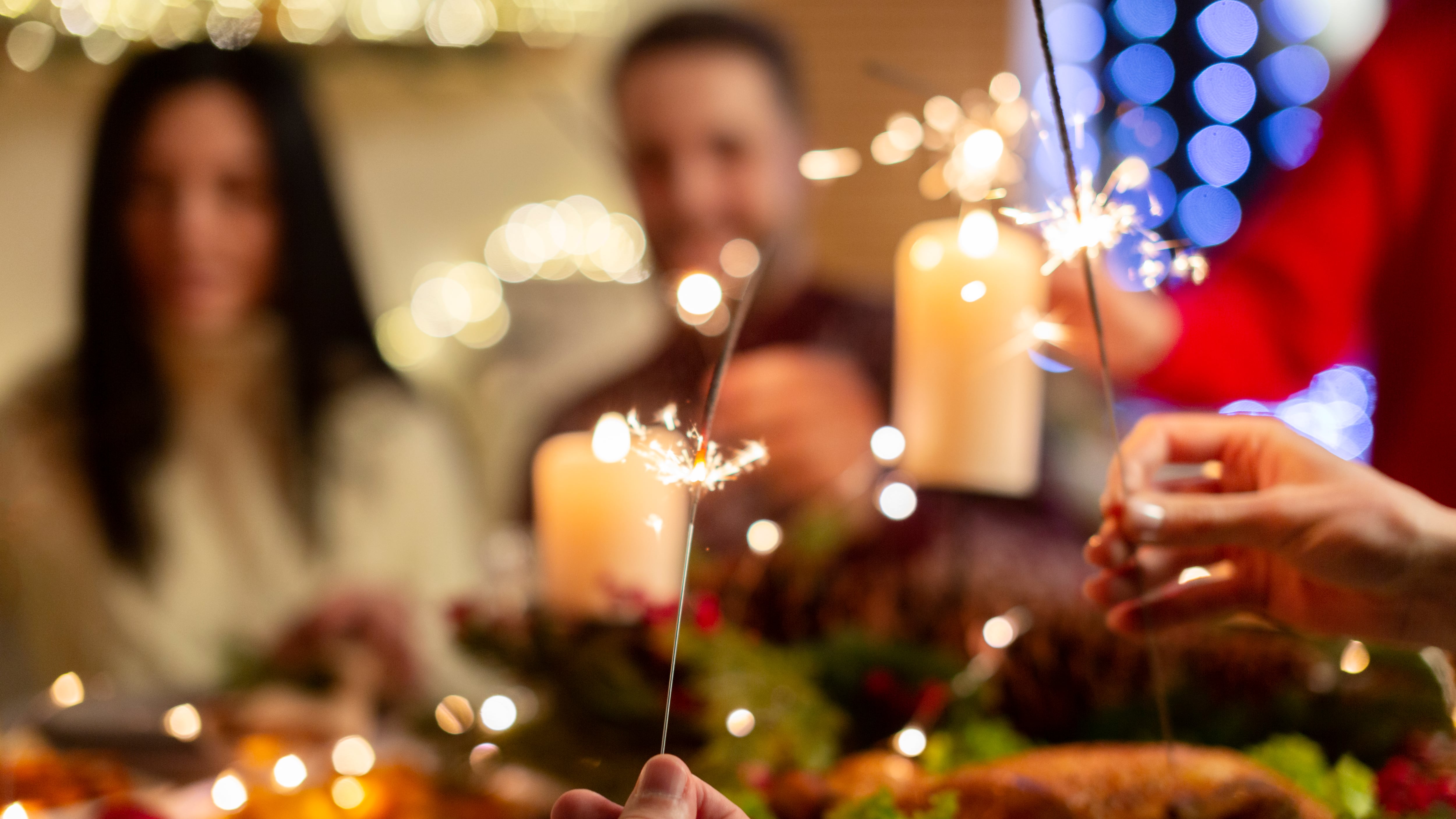According to the Gregorian calendar, New Year’s Eve is on December 31st, but not all countries adhere to this system, instead having different dates with very different traditions from the Western world.
PUBLICIDAD
Every New Year's Eve is a symbol of the end of one cycle and the beginning of another. Superstitious people perform their best rituals to attract the best in the new season that begins, whether in love, prosperity, or other areas.
PUBLICIDAD
The New Year renews the spirits of many people, so every January 1st they envision finishing or doing what they couldn't in the past year.
Countries that do not celebrate New Year's Eve on December 31st
However, there are countries where New Year's Eve is not celebrated on December 31st, but on other dates.
These are six countries where New Year’s is not celebrated according to the Gregorian calendar:
-China: In this country, they celebrate the New Year in the last weekends of January. People celebrate with family banquets, fireworks, dragon dances, and other traditions such as wearing new clothes to ward off bad luck, or having the Lantern Festival. The festival lasts for 15 days.
-North Korea and South Korea: celebrate New Year's Day on January 1st, but they also celebrate it according to the Korean calendar, known as Seollal, which begins on the first day of the lunar calendar, marking the second new moon after the winter solstice. They celebrate with ancestral rituals, prayers, and a banquet at a ritual table called Charye.
-Israel: For Israelis, the New Year begins in the Hebrew month of Tishrei, which according to the Gregorian calendar falls between September and October. For them, the New Year is known as Rosh Hashanah and is seen as a time to reflect on their relationship with God, meditate on what they did in the ending year, and how to start the new season. They celebrate with family banquets, praying, and visiting synagogues.
-India: They follow the Hindu calendar, which sets the New Year between October 21 and November 19. They celebrate Diwali or the ‘Festival of Lights’ to commemorate the victory of light over darkness. People gather with their families and light clay lamps in front of their homes, perform rituals, celebrate with fireworks, decorations, traditional meals, and wear new clothes.
-Iran: They follow the Noruz calendar, which starts on the first day of spring, highlighting peace and solidarity. It is also celebrated in Pakistan, Uzbekistan, Turkmenistan, Azerbaijan, Tajikistan, and Afghanistan. It is a festival considered as Intangible Cultural Heritage of Humanity by UNESCO.
-Saudi Arabia: They celebrate Muharram, which is the Muslim calendar, with its first day falling on July 19th. It is a time for reflecting on the history of Islam and the passage of time.
